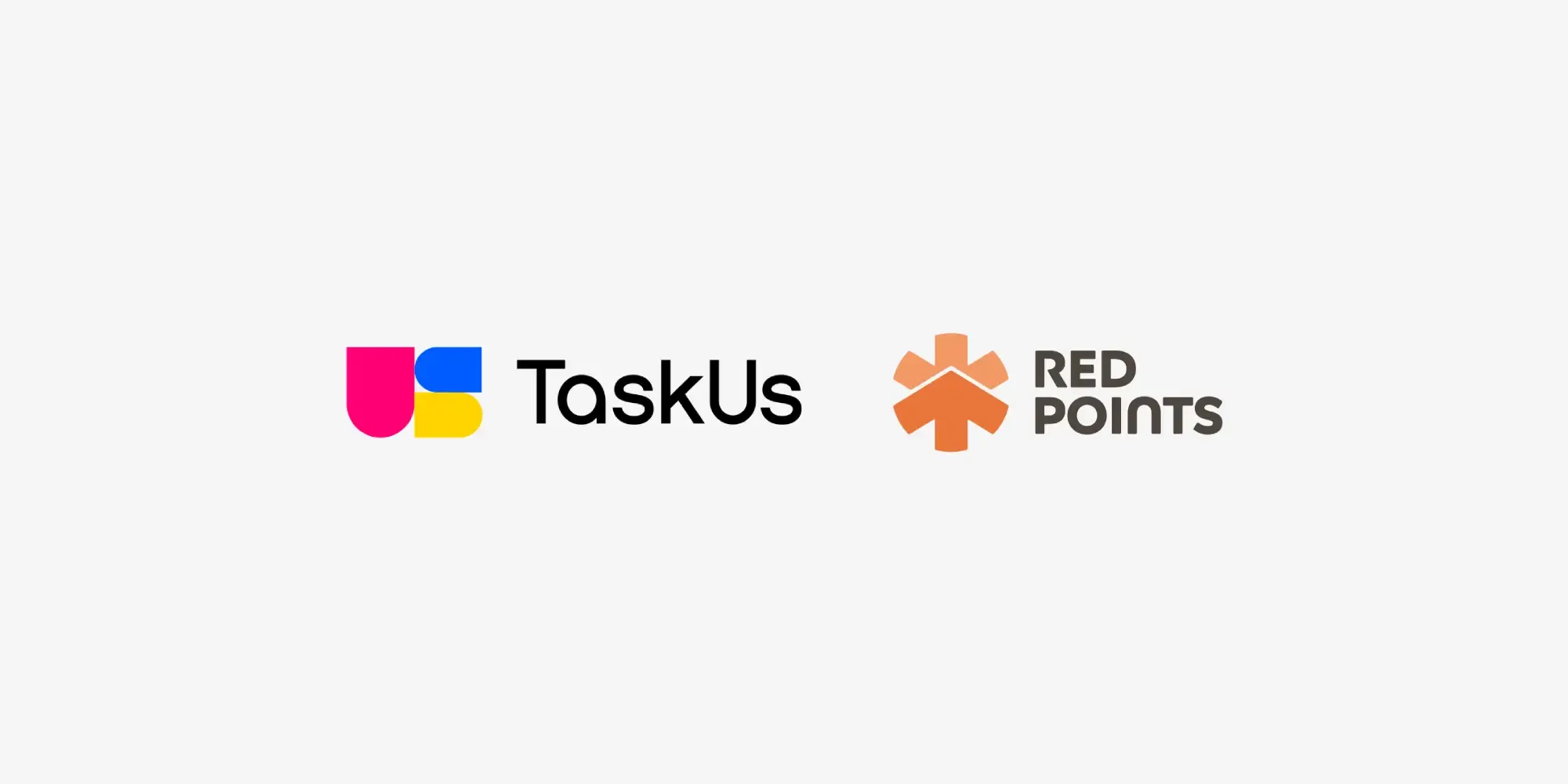-
5- MIN READ
The ‘pink economy’ – How can brands and tech companies support it?

A recent study revealed members of the LGBTQIA+ community, specifically in the United States and Europe, spend 15% more than heterosexuals on nightclubs, shops, restaurants, and even taxicabs. The demand for these services stems from common discrimination by traditional businesses. The global annual spending power of the LGBTQIA+ consumer segment was estimated at $3.9 trillion at the end of 2019; Asia was fast developing, with an estimated $1.4 trillion.
This consumer behavior no longer comes as a surprise as businesses have been acknowledging the purchasing power of the rainbow community. The term pink economy, which was first used in the mid-1960s, includes products that are targeted to members of the LGBTQIA+ community as these products meet their specific demands and needs.
However, it should not be misunderstood that members of the LGBTQIA+ community earn more; instead, they simply have different consumption habits, needs, and demands. And as the said community continues to lobby for diversity, equity, and inclusion, it is only expected that the pink economy will likely grow, too.
In fact, an LGBTQIA+-specific cryptocurrency was recently introduced to the market. This cryptocurrency, through its "equality manifesto," aims to empower queer consumers' spending power while defending their rights: If a business using the subject cryptocurrency violates the terms of the equality manifesto, it would be expelled from utilizing it.
With this, alongside other developments, queer people may soon be entitled to new, special types of products or services such as spousal insurance policies, life insurance, and medical expenses, among others, that usually require legal marriage documents. Financial institutions, as well as players of retail and e-commerce, must already recognize the ongoing advancements brought forth by the Pride movement as these will create even bigger opportunities for business.
Personalized customer experience is key to supporting ‘pink economy’
Businesses that have already been catering to the demands and needs of the LGBTQIA+ community, or even businesses that are already planning to leverage the promise of the pink economy, are already set in the right direction. Whether selling in a physical location or online, brands must prioritize creating personalized customer experiences, especially for their queer patrons. Members of the LGBTQIA+ community yearn for acceptance and inclusion as they continuously fight for equal rights; if they feel that a brand values them, they would definitely stay, repeat purchase, and advocate for the business.
“The strategy of having a genuine, personalized customer experience can be done through a combination of technology, strategy, and ridiculously smart and equally inclusive people. These combined factors will help a business deliver that consistency in an ever-progressing world,” said Bailey Boyd, VP for Retail & e-Commerce at TaskUs. “This includes utilizing customers’ online preferences which can help clients personalize their journey, offers, and channel interactions. These things have been proven to drive customer satisfaction and loyalty.”
Tech providers must also have back-office mastery. The best customer support is not just about solving a client’s question reactively but providing the kind of experience that turns customers into passionate brand evangelists.
All of this tech support, however, will be all for nothing if the business itself does not proactively promote and lobby LGBTQIA+ rights. One of the most effective ways for brands to do this is by creating marketing campaigns that normalize the LGBTQIA+ experience. They must make their stance clear right at the onset. Seventy-one percent of LGBTQIA+ consumers are more likely to interact with an online ad that authentically represents their sexual orientation.
But customers are smarter than ever before. They would know if a brand or organization only uses the rainbow colors as a marketing tactic or for clout. It is important to exert genuine effort to support and deeply connect with them. It is only by doing so can businesses truly and effectively offer LGBTQIA+ customers what they want and need.
References

TaskUs Accelerates Agentic AI-Powered Customer Experience with Strategic Partnerships with Decagon and Regal

TaskUs Named a Leader in Everest Group’s Trust and Safety Services PEAK Matrix® Assessment for the Third Consecutive Year

TaskUs Launches Agentic AI Consulting Practice to Lead Businesses through the AI Era

TaskUs Named a Major Contender in Everest Group’s B2B Sales Services PEAK Matrix® Assessment 2024

TaskUs and Red Points Announce Strategic Partnership To Enable Comprehensive Protection Against Digital Fraud and Counterfeits
Services




